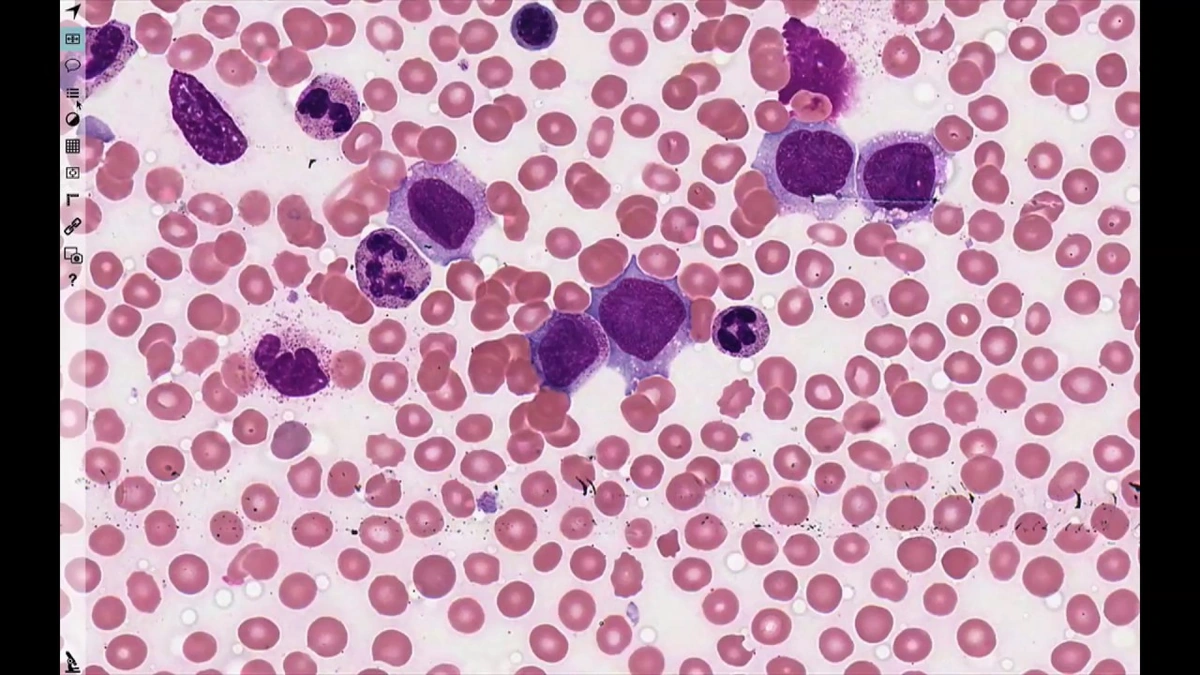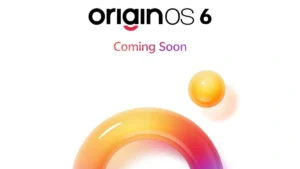Novel Blood Atlas Exposes Unique Protein Signatures of Diseases
Imagine having a detailed map of the human body, not of organs and bones, but of the very stuff that keeps us alive: blood. Now, picture that map highlighting the unique protein signatures associated with various diseases. Sounds like something out of a sci-fi movie, right? But it’s not! A groundbreaking ” blood atlas ” has just been unveiled, and it’s poised to revolutionize how we understand, diagnose, and treat a whole host of illnesses.
Here’s the thing: for years, scientists have been trying to decode the complex information hidden within our blood. It’s a bit like trying to decipher a secret language where proteins are the words. This new atlas, however, provides a Rosetta Stone, allowing researchers to finally translate the protein language and understand what it’s telling us about our health.
Why a Blood Atlas Matters to You (and Everyone Else)

So, why should you care about a novel blood atlas ? Let’s be honest, scientific breakthroughs can sometimes feel a bit abstract, disconnected from our everyday lives. But this one has the potential to impact you directly. Think about it: early and accurate diagnosis is crucial for effectively treating diseases like cancer, Alzheimer’s, and even autoimmune disorders. The blood atlas promises to deliver just that, potentially years before traditional symptoms even appear. This could be game-changing, especially in India, where access to advanced diagnostics can sometimes be a challenge.
The reason it matters so much boils down to this: it’s about personalized medicine. Imagine a future where your doctor can analyze your blood and tailor a treatment plan specifically for you, based on your unique protein profile. That’s the promise of this atlas. This level of precision could minimize side effects, improve treatment outcomes, and ultimately save lives. It moves away from a one-size-fits-all approach to medicine and towards a more individualized and effective strategy.
Decoding Disease | Protein Signatures Unveiled
The magic of this atlas lies in its ability to identify specific protein signatures that are associated with different diseases. Think of it like this: each disease leaves a unique “fingerprint” in your blood, and that fingerprint is made up of proteins. By mapping these protein signatures, scientists can develop highly sensitive diagnostic tests that can detect the presence of a disease even in its earliest stages.
For example, researchers might find that individuals with early-stage Alzheimer’s have a particular combination of proteins in their blood that differs from healthy individuals. This could lead to a simple blood test that can identify people at risk of developing Alzheimer’s long before they start experiencing memory loss or cognitive decline. This early detection could be a key to slowing down or even preventing the disease’s progression.
What fascinates me is the sheer scale of this project. It’s not just about one disease; it’s about creating a comprehensive resource that can be used to study a wide range of illnesses. It’s a testament to the power of collaborative science, bringing together researchers from different disciplines and institutions to tackle some of the biggest challenges in healthcare. The hope is this research could improve disease diagnostics .
How the Atlas Will Change Healthcare in India
Now, let’s talk about how this innovation can specifically benefit India. One of the biggest challenges in our healthcare system is the timely and accurate diagnosis of diseases, especially in rural areas where access to advanced medical facilities is limited. The blood atlas could potentially address this issue by enabling the development of affordable and accessible diagnostic tools that can be used in primary healthcare settings. This is a game-changer.
Imagine a scenario where a healthcare worker in a remote village can use a simple blood test to screen individuals for diseases like tuberculosis, diabetes, or heart disease. Early detection can lead to prompt treatment, preventing complications and improving health outcomes. Moreover, the atlas can also aid in the development of personalized treatment strategies tailored to the specific needs of the Indian population, taking into account genetic and environmental factors that may influence disease progression.
Moreover, the insights gained from the blood atlas project can pave the way for new drug discoveries. By identifying the specific proteins involved in disease pathways, researchers can develop targeted therapies that are more effective and have fewer side effects. This could lead to a new generation of drugs that are specifically designed to address the unique healthcare needs of the Indian population. As per National Human Genome Research Institute , proteomics is essential for drug discovery.
The Future of Medicine | Beyond the Atlas
But the blood atlas is just the beginning. What’s truly exciting is what it represents: a shift towards a more proactive and personalized approach to healthcare. In the future, we can expect to see even more sophisticated diagnostic tools and treatment strategies that are tailored to the individual. This will require a greater emphasis on data sharing, collaboration, and innovation, as well as a willingness to embrace new technologies and approaches.
And it’s not just about technology. It’s also about empowering individuals to take control of their own health. By providing them with access to information and resources, we can enable them to make informed decisions about their lifestyles, diets, and medical care. This requires a collaborative effort from healthcare providers, researchers, policymakers, and the public.
The possibilities are truly endless, and I, for one, am incredibly excited to see what the future holds. This research will further our knowledge of human proteome .
FAQ About the Novel Blood Atlas
What exactly is a blood atlas?
It’s a comprehensive map of all the proteins found in human blood, with detailed information about their levels and how they change in different disease states.
How will the blood atlas help with disease diagnosis?
By identifying unique protein signatures associated with specific diseases, the atlas can enable the development of highly sensitive and accurate diagnostic tests.
Can this atlas help with treatment of different diseases?
Yes, the identification of specific protein targets can facilitate the development of personalized treatments. Scientists can discover new therapeutic targets .
Will the blood atlas benefit people in rural India?
Potentially, yes. It could lead to the development of affordable and accessible diagnostic tools that can be used in primary healthcare settings.
How can I learn more about the blood atlas project?
Keep an eye on reputable scientific journals and news outlets for updates on the research. You can also follow leading researchers in the field on social media.
What fascinates me most? It’s not just the science itself, but the potential for this knowledge to transform lives and improve the health of millions, especially in a country as diverse and vibrant as India. Now, that’s something worth getting excited about.













